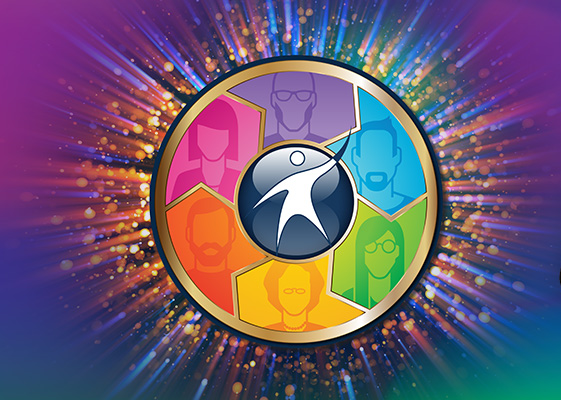Best Practices for Multi-Modality Instruction
Session 4: 4:00pm-5:00pm (Friday March 01, 2024)
Description
This session will review teaching strategies from a variety of different instructional settings – distance learning, blended, hybrid, and in-person – and how the tools and features from both digital and print curricula can enhance learning experiences and accelerate students’ paths towards their academic and career goals. Ms. Ruiz will present instructional methods she and other instructors currently employ to best assess, instruct, and track their students’ learning and provide them with academic and contextualized learning experiences in ways that are more accessible, thereby increasing student persistence and their earning of measurable skills gains.
Presenters

Karyn Ruiz
Visalia Adult School
Since 2005, Karyn Crowe Ruiz has taught Concurrent High School Diploma, ESL, ABE, GED, and HSD classes in addition to her roles as site WASC Coordinator and Data Analyst. Currently, she is the Senior National Academic Specialist for Aztec, LLC and teaches GED students part-time. She has facilitated several professional development presentations throughout California and nationally. Ms. Ruiz holds a Multiple Subject Teaching Credential, Preliminary Administrative Credential, and two MAE degrees.

Mitch Rosin
Aztec Software
Mitch Rosin has worked in the workforce/education/career tech field for more than 35 years. After a career with McGraw-Hill Education, he now consultants for several companies both in the United States and internationally including Aztec Software and CASAS. Mr. Rosin holds a Master of Arts in Education, a Master of Science in Curriculum Design and Development, and a Master of Science in International Public Policy. He is currently working on a Doctor of Education in Organizational Leadership.
Type of Presentation
Demonstration (60 Minutes)
Audience
- Teachers
- Administrators
- Support Staff (Transition Specialists, Counselors, Librarians, etc.)
Program Strands
- Adult Basic Education
- Adult Secondary Education
- Short-term Career Technical Education
- Workforce Preparation
Category Strands
- Ensuring Equity and Access
- Digital Learning Foundations
- Designing Learning Experiences
- Digital Learning Models
- Online Engagement and Assessment
- Program Administration and Coordination
